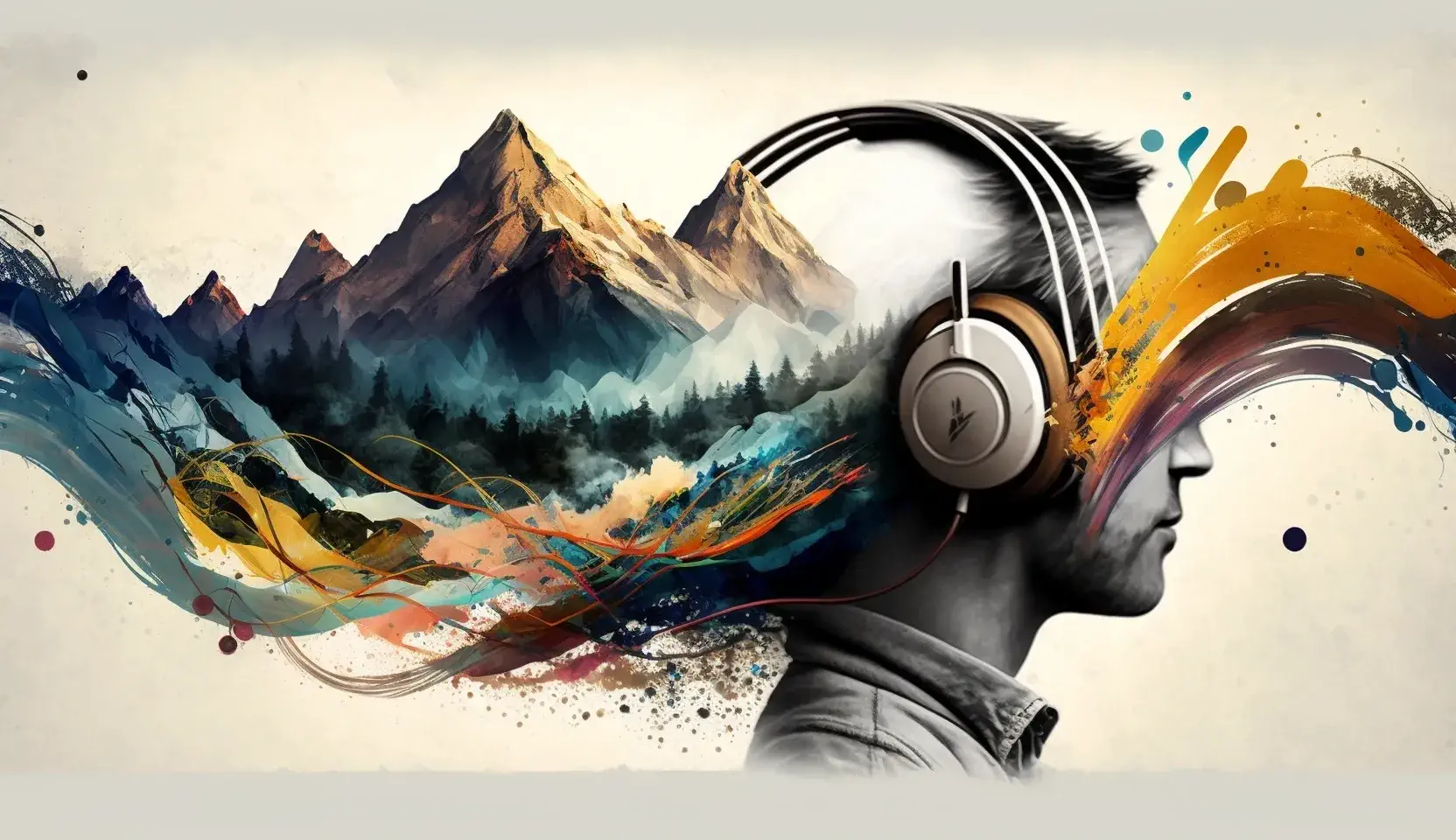From streaming platforms to Bluetooth speakers and headphones, technology has brought about a cultural shift in how we consume and create audio content. In this article, we will explore the impact of technology on audio culture and how it has changed our relationship with music.
Streaming Platforms
One of the most significant changes in audio culture is the rise of streaming platforms such as Spotify, Apple Music, and Tidal. These platforms have transformed the way we listen to music, giving us access to millions of songs and albums at the click of a button. No longer do we have to buy physical copies of music, and we can access our favorite songs on multiple devices, whether it's on our smartphones, tablets, or computers.
Streaming platforms have also given rise to new trends in music consumption. Playlists have become a popular way of curating and sharing music, allowing users to create personalized collections of songs based on their moods or preferences. Social features on these platforms also allow users to follow their friends, artists, and influencers, keeping them updated on new releases and concerts.
Smart Speakers
Another significant development in audio technology is the rise of smart speakers. Devices like Amazon's Echo and Google's Home have become ubiquitous in homes worldwide, offering hands-free access to music and other audio content. Smart speakers have changed the way we interact with audio, enabling us to use voice commands to play, pause, or skip songs, search for new music, and control the volume.
Smart speakers have also opened up new possibilities for music discovery. Users can ask their smart speakers to play songs based on genre, mood, or artist, introducing them to new music they might not have discovered otherwise. The rise of voice-activated assistants like Alexa and Google Assistant has also enabled users to control other audio devices, such as Bluetooth speakers and soundbars, with their voices.
Headphones
Headphones are another area where technology has made significant changes to audio culture. Wireless headphones, in particular, have become incredibly popular, offering users the freedom to move around while listening to music. Bluetooth technology has made it possible to connect headphones to multiple devices without the need for wires, making it easier to switch between devices.
Another trend in headphone technology is the rise of noise-canceling headphones. These headphones use advanced technology to block out external noise, creating a more immersive listening experience. Noise-canceling headphones are particularly popular with travelers, who can use them to block out the noise of airplanes and other forms of transportation.
Music Production
Technology has also transformed the way music is produced, with digital audio workstations (DAWs) and other software making it easier than ever for musicians to create and record music. DAWs like Ableton Live, Logic Pro, and Pro Tools allow musicians to record and edit audio on their computers, giving them access to a vast array of virtual instruments, effects, and other tools.
The rise of home recording studios has enabled musicians to create professional-sounding recordings without the need for expensive equipment or studio time. This has led to a democratization of music production, with more people than ever before able to create and share their music with the world.
Conclusion
In addition to these technological advancements, we can expect to see changes in the way we think about and value music. With music becoming more accessible than ever before, we may see a shift in how we value and consume it. Instead of focusing on ownership and scarcity, we may see a move towards more communal and collaborative approaches to music consumption.
Finally, we cannot ignore the impact that technology has had on the music industry as a whole. With the rise of streaming platforms, artists have had to adapt to new revenue models, and many have turned to touring and merchandise sales to make up for lost album sales revenue. Additionally, technology has enabled new forms of music distribution, such as self-publishing and crowdfunding, giving artists more control over their music and careers.
In conclusion, technology has brought about significant changes to audio culture, transforming the way we listen to, create, and share music. While we cannot predict the future of audio culture, it is clear that technology will continue to shape and influence the way we think about and value music. Whether it's through new streaming platforms, smart speakers, headphones, or music production tools, technology has given us unprecedented access to music and has opened up new possibilities for artists and listeners alike.

